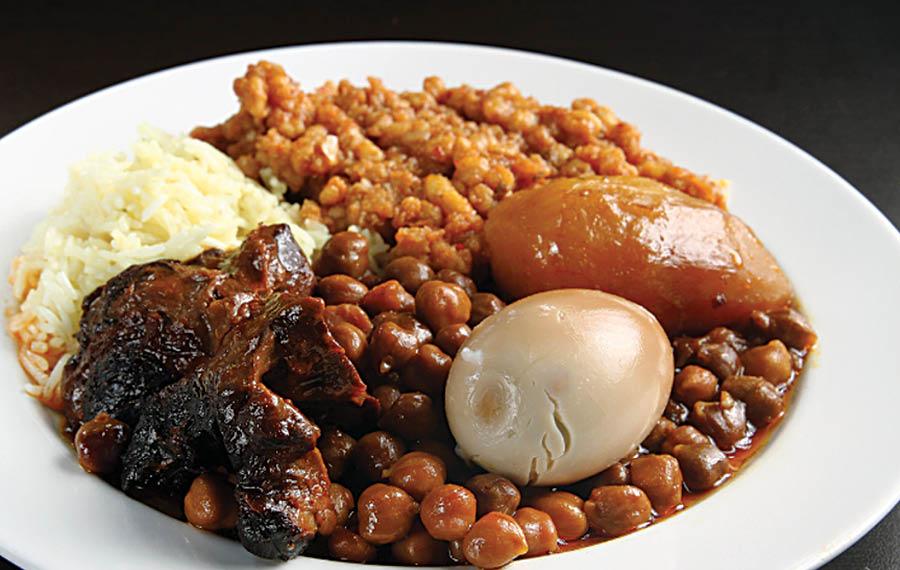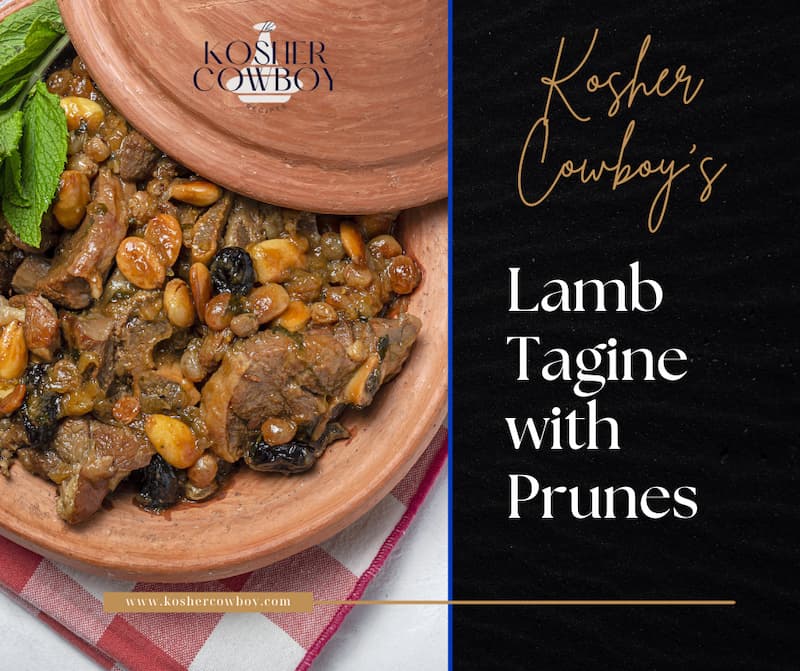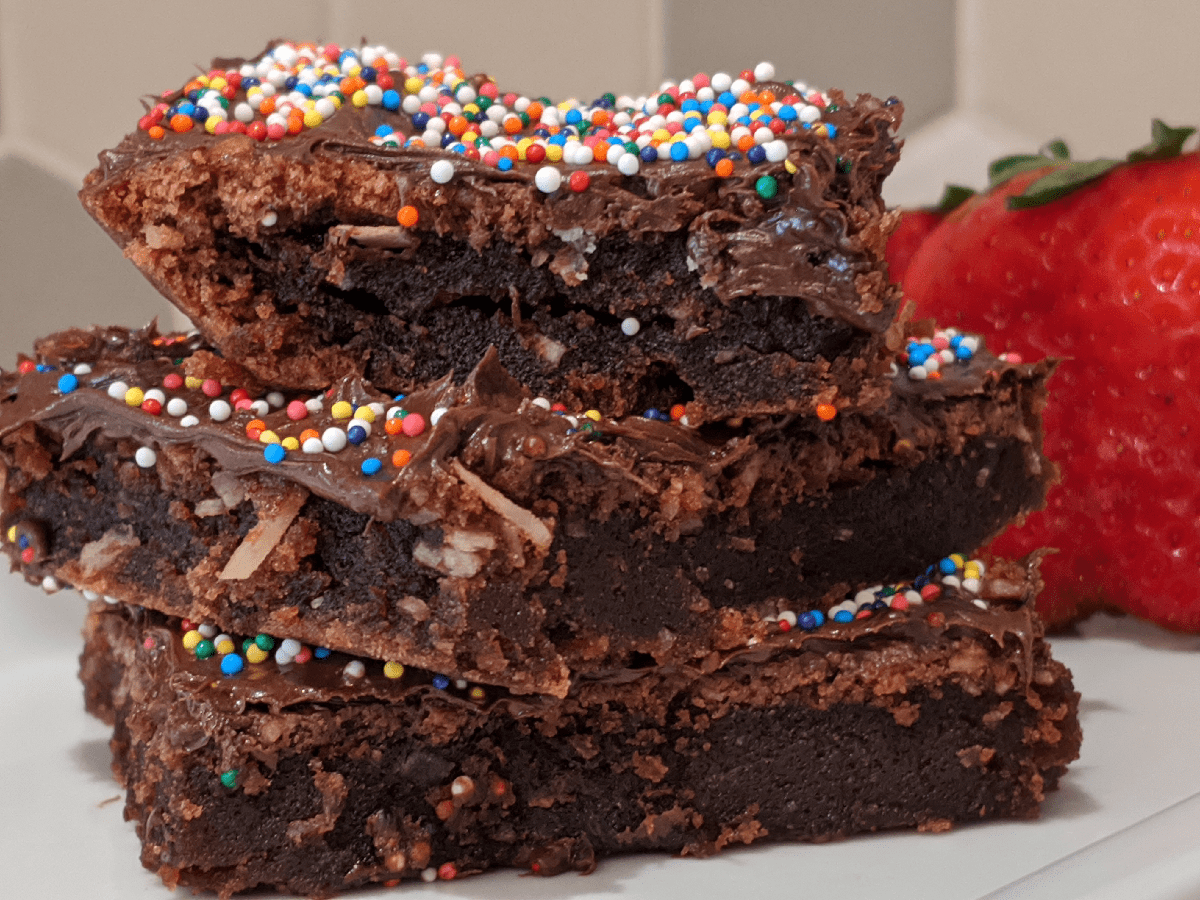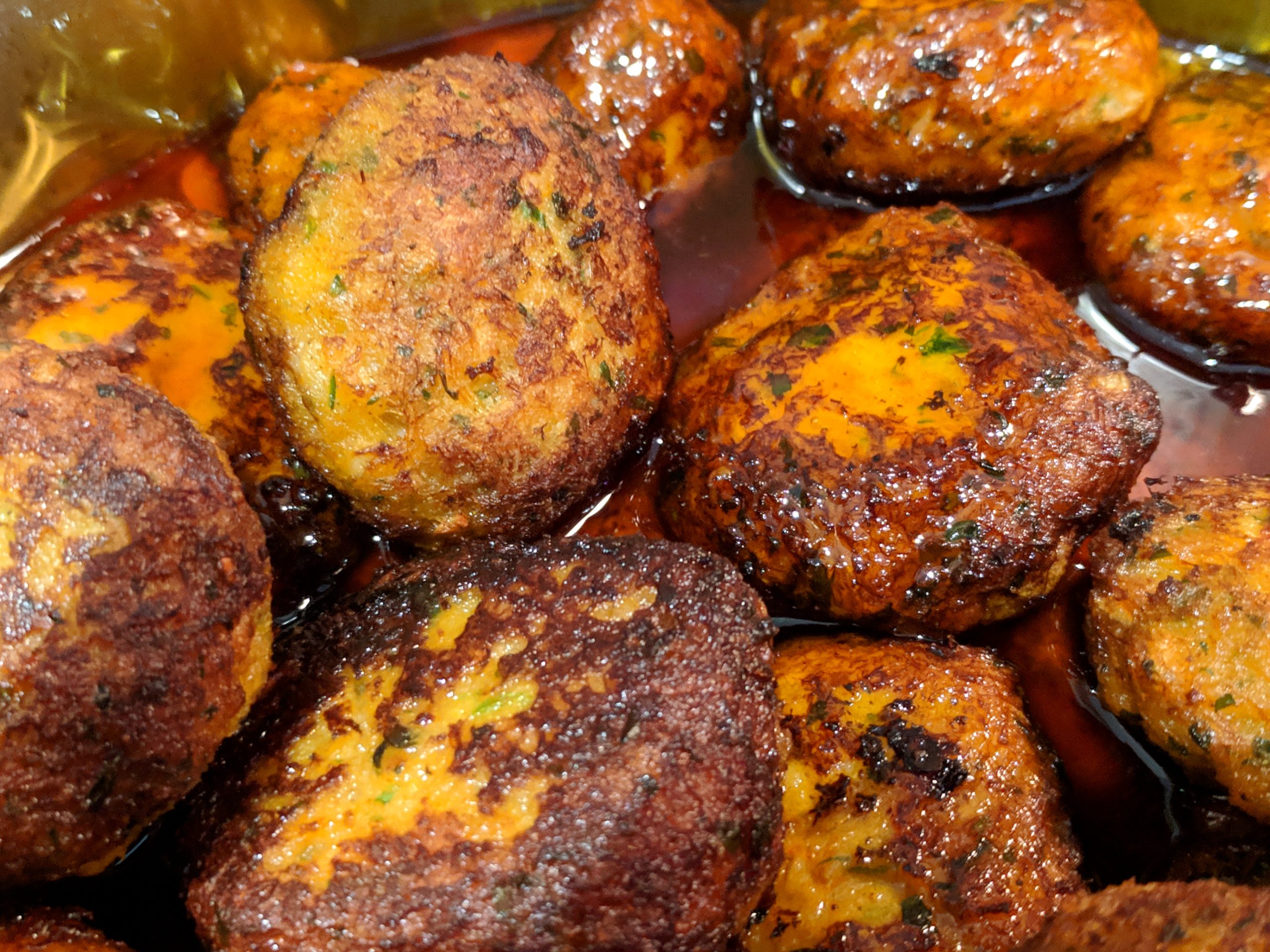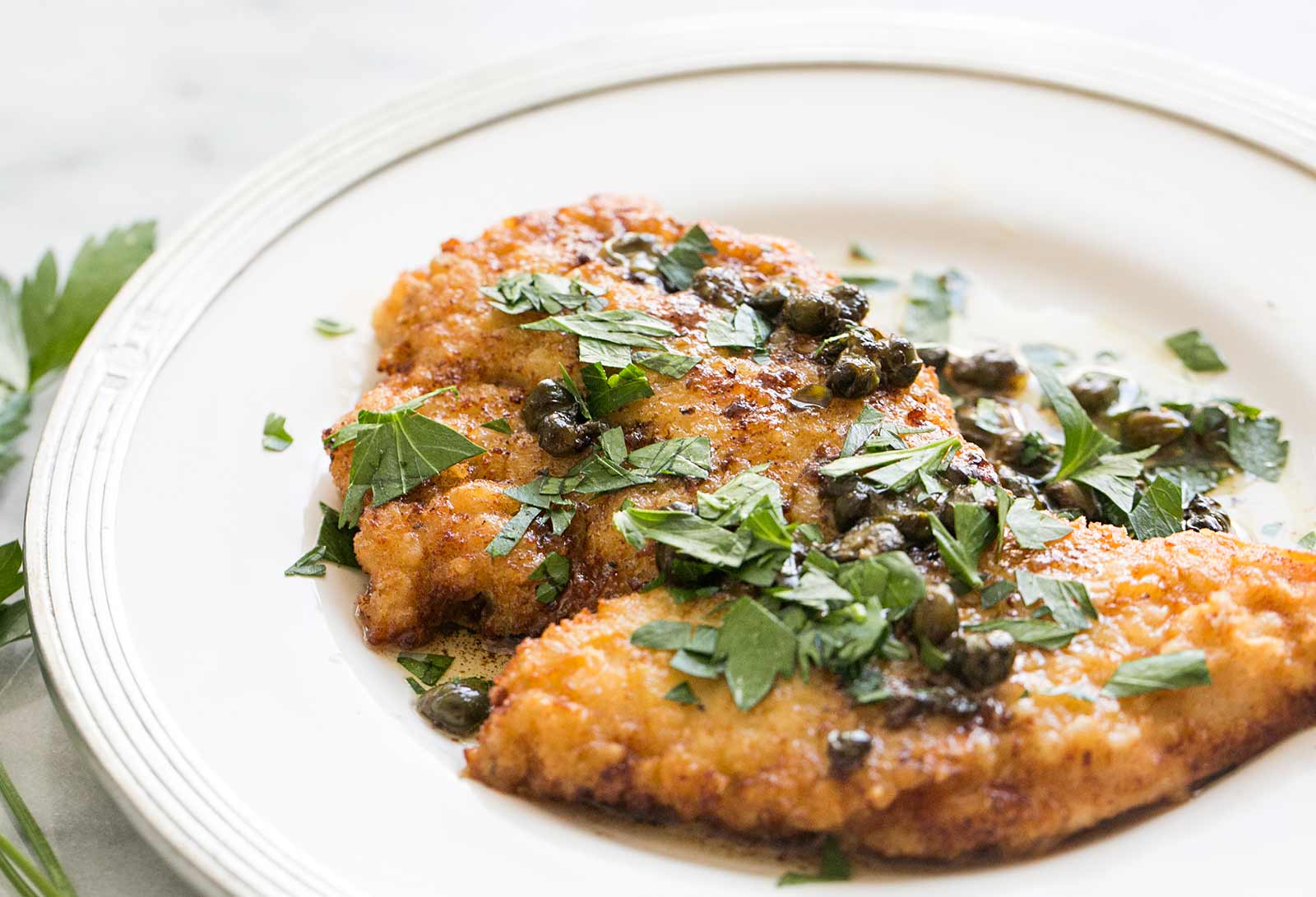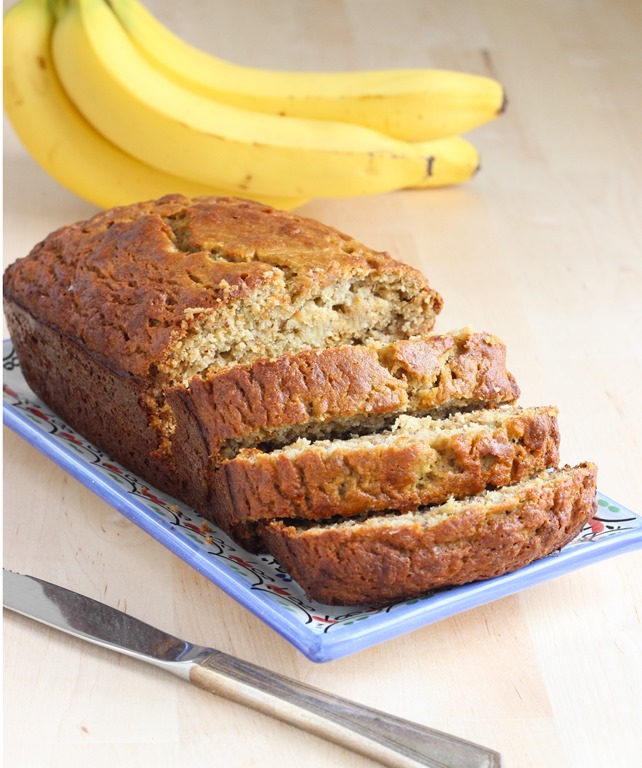Shabbat Recipes
Moroccan Shabbat Traditions: A Rich Tapestry of Flavor, Faith, and Family
A Timeless Welcome: The Spirit of Moroccan Shabbat
As the sun dips below the horizon on Friday night, Moroccan Jewish households across the world prepare for one of the most cherished weekly celebrations: Shabbat. In Moroccan tradition, this day of rest is more than a pause—it’s a rich cultural experience steeped in spiritual meaning, culinary artistry, and heartfelt family connection.
Preparation: A Full-Day Affair
The preparation for Moroccan Shabbat begins early Friday morning. Women bake round challah or matlouh, often sprinkled with sesame seeds, while the scent of slow-cooked dafina (hamin) wafts through the house. Dishes are infused with traditional Moroccan spices like cumin, paprika, turmeric, and preserved lemon, connecting generations through taste.
Common dishes include:
- Dafina – a savory stew of meat, chickpeas, potatoes, eggs, and barley.
- Fish chermoula – fish marinated in a fragrant blend of garlic, herbs, and spices.
- Salads mezze-style – such as carrot salad with cumin, eggplant zaalouk, and beet salad.
The Welcoming of Shabbat: A Sacred Transition
As the candles are lit by the woman of the house, Moroccan families welcome Shabbat with piyyutim (liturgical poems) and Bakashot, traditional Andalusian-style melodies sung in Judeo-Arabic or Hebrew. This unique blend of prayer and song sets the Moroccan Shabbat apart from other Sephardic and Ashkenazi customs.
The Kiddush is recited over wine, followed by ritual handwashing and the blessing over the bread, known as Hamotzi.
The Friday Night Feast: A Table of Honor
The Friday night meal is not just food—it’s a spiritual offering. Guests are treated like royalty, and the dishes are carefully arranged to reflect kavod (honor). The dafina simmers until morning, so Friday night meals often feature dishes like:
- Bastilla (savory pie with meat and almonds)
- Mechoui (slow-roasted lamb)
- Couscous with vegetables and sweet raisins
Families linger at the table, sharing divrei Torah (words of Torah), singing zemirot, and discussing stories passed down for generations.
Shabbat Day: Rest, Reflection, and Community
Shabbat day continues with morning prayers, often followed by a second festive meal. Moroccan Jews are known for their hospitality, often hosting extended family or neighbors.
A hallmark of the day meal is the reveal of the overnight dafina—each family’s version unique, carrying the imprint of ancestral hands. Alongside it, you’ll find:
- Makouda (fried potato cakes)
- Hard-boiled eggs with onion skins
- Spiced olives and pickled lemon condiments
In many communities, men gather in the afternoon to study Torah or attend classes, preserving the value of learning and spiritual growth.
Seudah Shelishit and Havdalah: A Sweet Goodbye
As the sun sets once more, Moroccan families gather for Seudah Shelishit, the third meal, often simpler, featuring salads, bread, and tea with Moroccan sweets like chebakia or almond cigars.
Havdalah marks the end of Shabbat with clove-scented spices, braided candles, and melodies that echo into the week ahead, carrying with them the peace and sanctity of Shabbat.
Preserving Moroccan Shabbat Traditions Today
Even outside of Morocco, these traditions are lovingly preserved by Moroccan Jews in communities from Israel to France, Canada to the United States. Organizations, synagogues, and families continue to pass down the melodies, recipes, and rituals that make Moroccan Shabbat an unforgettable experience.
Whether you’re Moroccan or simply inspired by the culture, bringing even a piece of this tradition into your home can elevate your Shabbat and deepen your connection to the Jewish people’s diverse heritage.
see more holiday recipes here.
Be the first to get new recipes when you sign up for the Kosher Cowboy newsletter.


